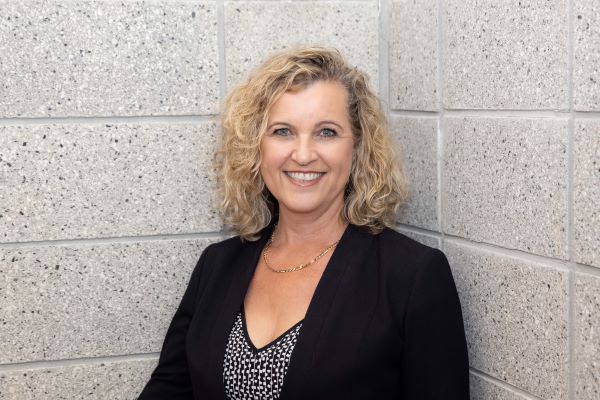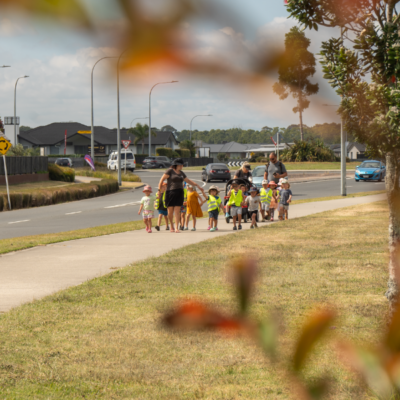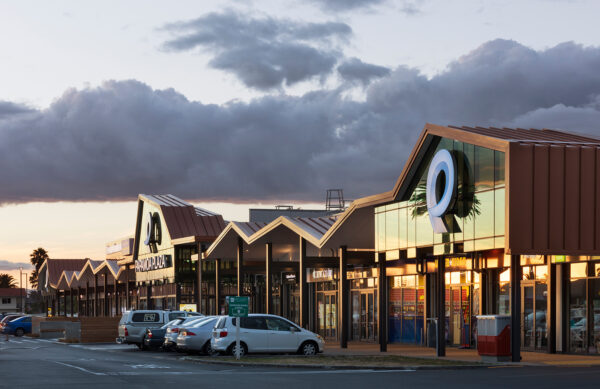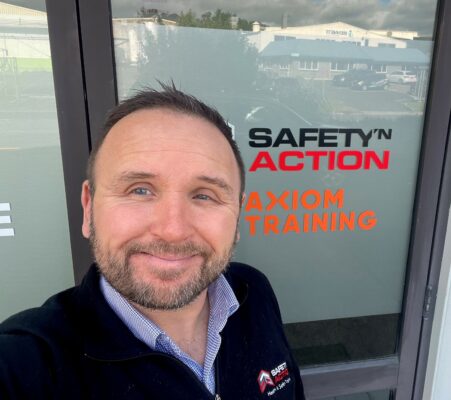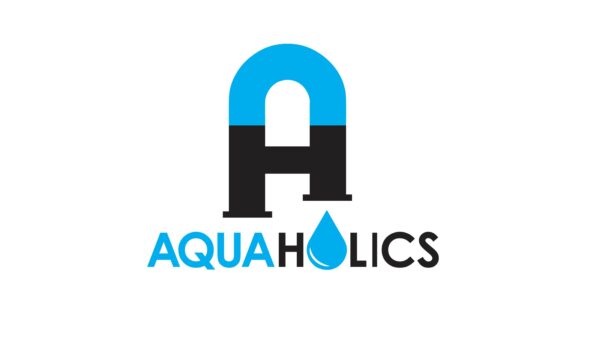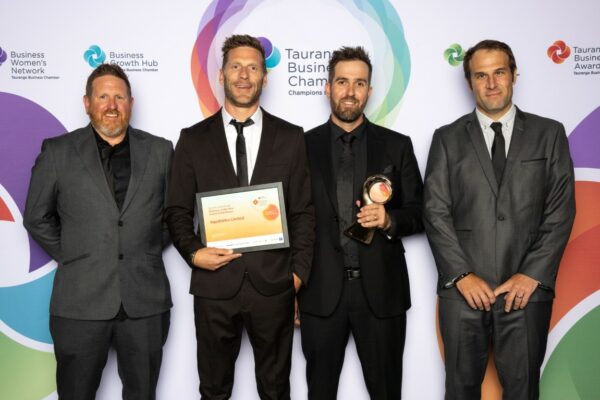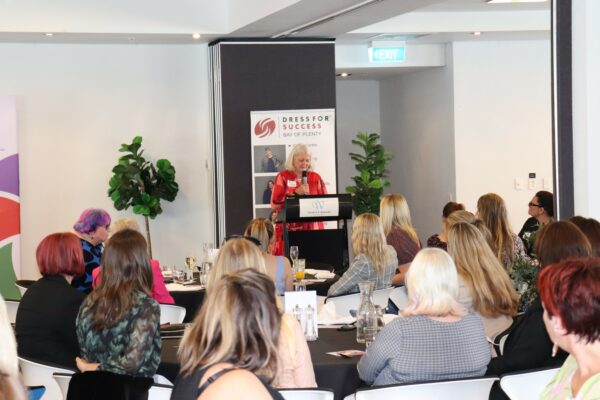We talk a lot about building an effective and meaningful brand for your business, but what if you are your brand?
This is particularly relevant for most owner-operators, who are the face of their business, and also for contractors who deliver a service (personal trainer, business coach, graphic designer etc).
But, the reality is, business is done with people, so regardless of the size of your organisation, or your stage of career within this organisation, everyone needs to find their personal brand.
Rachel Klaver from Identify Marketing shares her insights and how to harness the power of your personal brand.
Like it or not, our businesses have always risen and fallen on the power of the owner, especially for a business that is marketing to a local area.
Pre-social media, the way you’d grow your personal brand was limited to:
- Doing a great job with your customers (still really important)
- Being consistent with your work (also important)
- Networking at meetings, events, and with networking groups
- Growing relationships on the golf course, the rugby club, or down at the pub for Friday night drinks.
We didn’t call it a personal brand then. We called it reputation. If it was good, business was good. If it wasn’t and there were options, then, well, it was going to be a bit lean for a bit.
We’ve always had a personal brand. What’s changed is how easy it is to amplify the message to more people and cut down the time the relationship needs to build, to grow your business.
In the end, everything we do as an owner online should be about making it really easy for people to identify with us and our values, and see they can trust us – because people buy from people that they trust.
In a world of influencers and people trying to get huge followings on Instagram, TikTok or somewhere else, it’s easy to think that building a personal brand means having to try and build a huge following and have a fan base. But the strength of your brand can be incredible and only known by quite a small group of people, depending on what you sell and who you are selling to.
Recently I was working with an engineer whose target market is large organisations. For him to build a personal brand, he doesn’t need to be Insta-famous. What he needs is for people in his industry to recognise him as an expert (and he’d use LinkedIn and video to do that).
That’s quite different to a retailer I worked with whose target market is young women. She IS working hard to grow a large following on Instagram and TikTok, and using influencer-style posts to draw people in and bond with her.
Both of these people are building a personal brand to impact their sphere of influence.
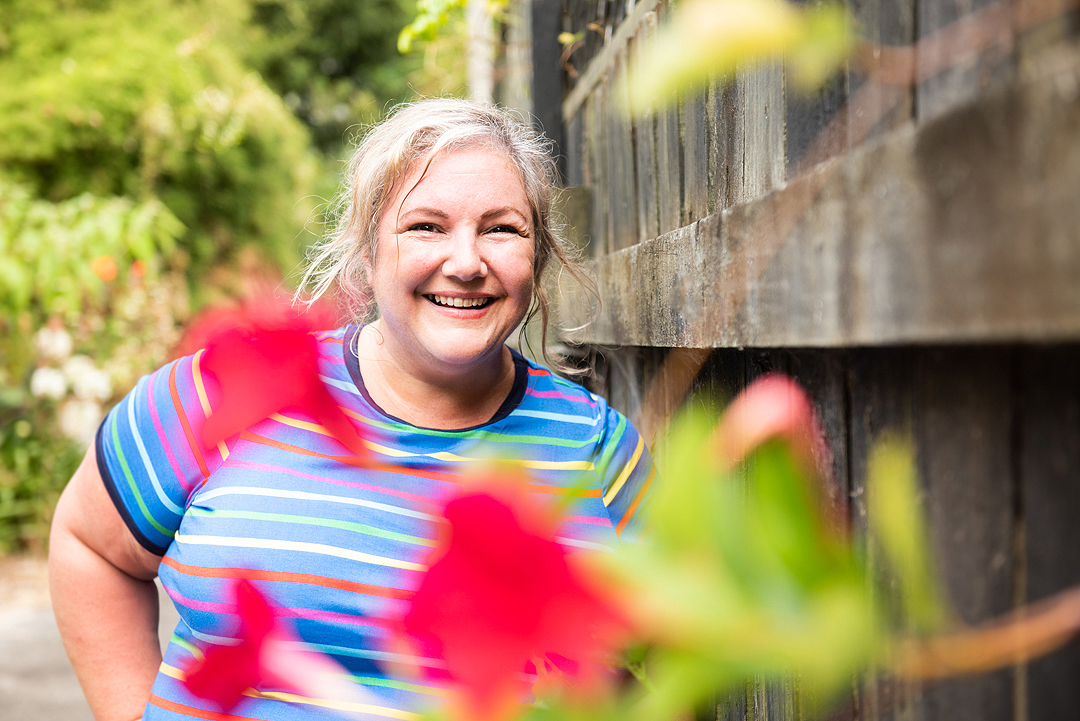
For both clients, the process was similar.
- You need to work out your why.
A lot of today’s marketing is confronting, especially if you don’t like being online, or doing social media. You won’t change habits unless you have a big enough reason to. So that’s the first step – working out why it’s important and what positive impact it will have. - You need to face your fears.
The biggest fears I see are worrying about imperfection, making mistakes, looking like an idiot, no one watching (that’s ok if you do make a mistake while you learn!), and people stealing your stuff. These are all fears that have a great flip side to help you overcome them. - You need to find your own voice and style.
It’s incredibly tempting to offload the brand voice and your own posts to someone else, but you need your voice to shine through. It needs to feel like it would if you were in the room with me. And it needs to be as close to the real you as possible, otherwise, it’s going to be really hard work to keep up the consistency - You need to define who you are talking to.
This helps work out what sorts of words you use, your tone of voice, and where you’re going to be showing yourself, as well as what sort of communication types you do. Your audience might love podcasts, or talks, or reading or video. You need to create in the style they need. - You need to share from your experience.
Storytelling helps people understand you and what you and your business does best. Share good stories and share those that have an unhappy outcome too. There is a huge opportunity in sharing stories that others can connect with and identify with. - Find people who have personal brands YOU like.
Follow and read people who you feel inspired by. It helps you feed your storytelling. It helps you see how they express themselves. And it helps you connect with people that your ideal audience may also be connecting with. - Trust that the right people will find you
At first, it can feel like no one is listening (it’s possible no one IS listening! This is ok because we might still be working things out). Keep at it. Keep developing your voice and your style. Comment on other people’s posts when they say something you relate to. People will start to take notice and see you, follow you, and share what you say with others who would also like you
If you stop seeing social media as a big pile of intrusion, busy work and stress and start to see it as one huge, interconnected networking party where there is a room or two who have exactly the right people for you and your business, building a personal brand starts to feel a bit more worth it, and even exciting.
Build it, share it, let them come and build their trust, and then let them start to choose you, and even refer you. You’ll have your secret weapon.
Rachel Klaver is the co-owner and head marketing strategist of Identify Marketing, a strategy and training agency for small business owners. She’s running a free event in Tauranga on February 10, called Build Your Stage, showing you how to build a personal brand.

